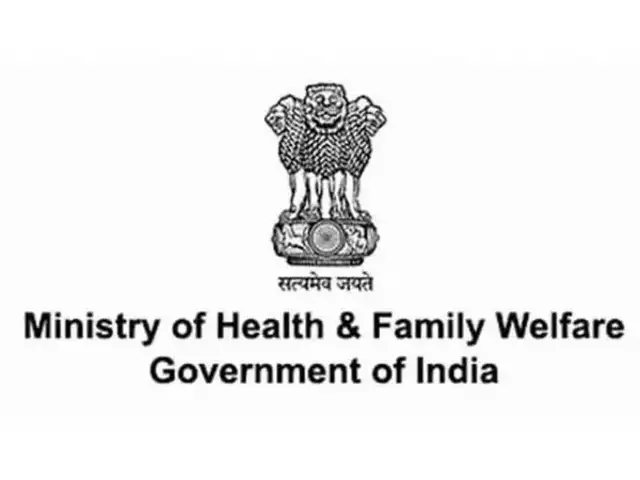
New Delhi: Patients with life-threatening rare genetic Lysosomal Storage Disorders, previously treated at AIIMS under the National Policy for Rare Diseases (NPRD) 2021, face critical health challenges after depleting the ₹50 lakh one-time government funding.
Despite an October 4 Delhi High Court order directing the Ministry of Health and Family Welfare (MoHFW) to release immediate funds, no action has been taken, according to the patients’ families.
The Lysosomal Storage Disorders Support Society of India (LSDSS), which advocates for rare-disease patients, has urged the government to ensure sustainable treatment for individuals with Gaucher disease, a rare disorder requiring continuous Enzyme Replacement Therapy (ERT).
Among the affected are Ashok Kumar (3), Abdul Rehman (10), and Alishba Khan (6), all battling Gaucher disease. AIIMS discontinued their treatments due to a lack of funds, leading to severe health complications.
Khan’s father shared his anguish: “My child’s health was improving, but since her treatment stopped in August, her spleen has enlarged, causing her constant pain. She also lost her hearing. We urgently need funds to save her life.”
Similarly, Kumar’s father, a resident of Rajasthan, expressed his despair: “The government funding gave us hope, but now we don’t know what to do. The delay is endangering my child’s life.”
Rehman’s father, from Uttar Pradesh, noted his son’s deteriorating condition since treatment ceased in September. “He suffers from fever and unpredictable health issues. I appeal to the government for immediate intervention,” he said.
Manjit Singh, president of LSDSS, highlighted the proven efficacy of ERT, which scored a perfect 10/10 in the National Rare Disease Committee’s benchmarking report. However, only 25% of eligible Gaucher patients currently receive treatment, underscoring the need for sustainable funding and streamlined protocols.
Under NPRD 2021, eligible patients receive a one-time financial support of ₹50 lakh. However, the absence of provisions for ongoing funding has left many families in uncertainty.
The Delhi High Court had urged the government to address these gaps, but families continue to wait. Advocacy groups and experts have called for revising NPRD 2021 to establish long-term funding mechanisms, ensuring no patient is denied life-saving care.


